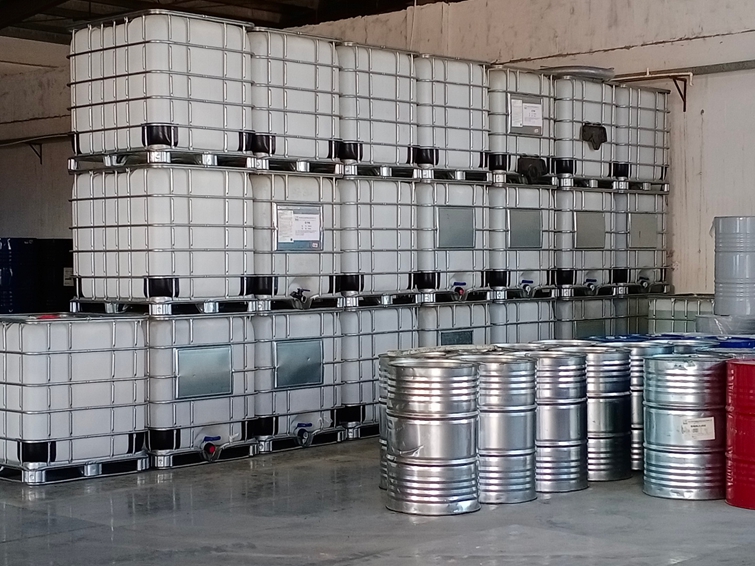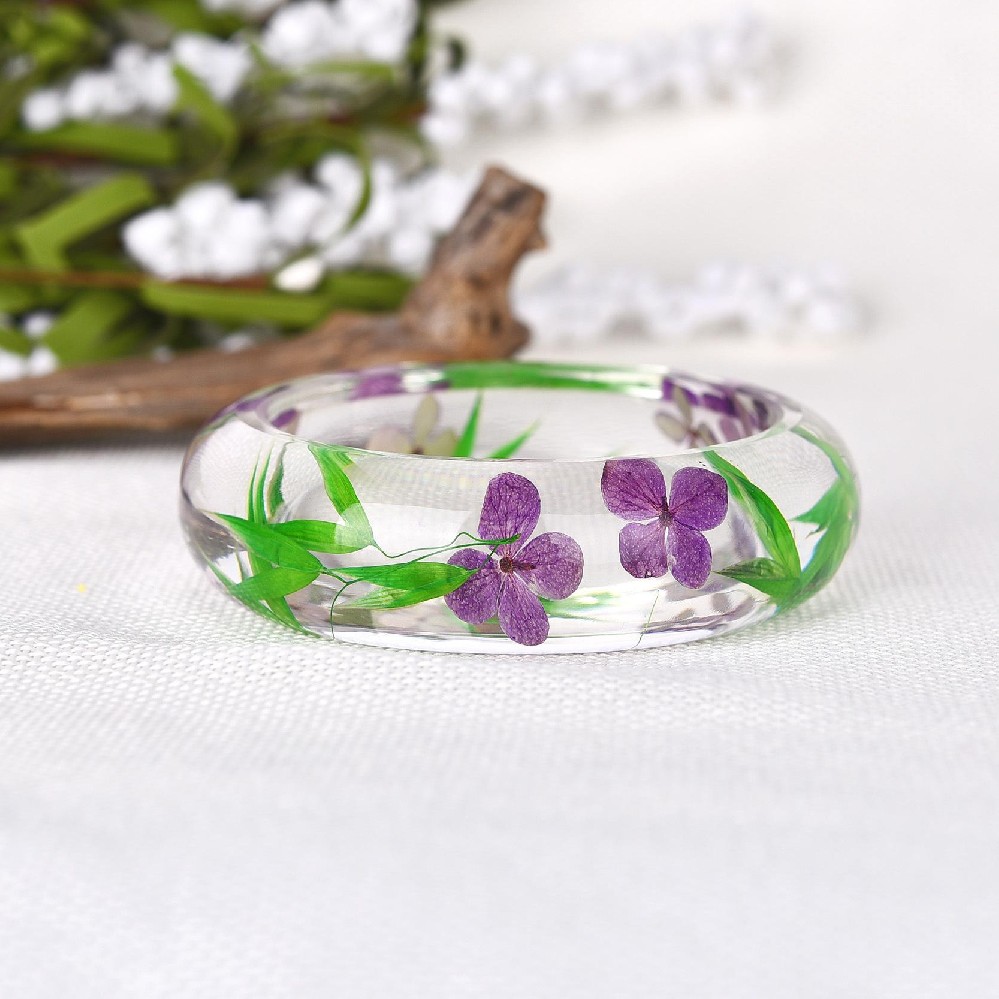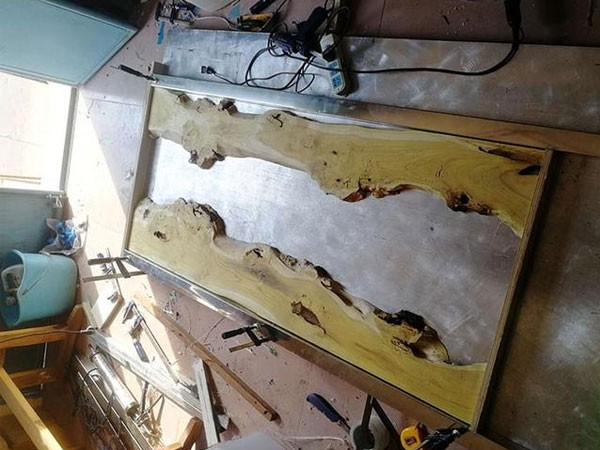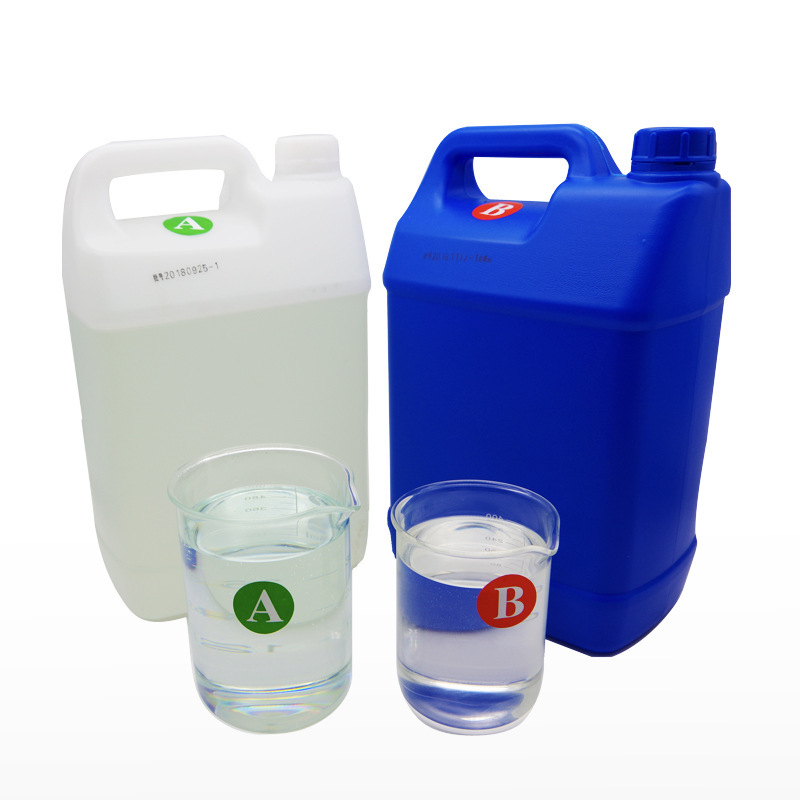

What are the temperature requirements for epoxy resin AB glue? Is it heat - resistant?
Ordinary epoxy AB glue can be normally stored at room temperature. After mixing, the curing process is greatly affected by temperature. The higher the temperature, the faster the curing speed; conversely, the lower the temperature, the slower the curing speed. If the temperature exceeds 212°F (100°C), the glue may burst.
How high a temperature can epoxy resin AB glue withstand?
Epoxy resin AB glue is a fast-curing series, a transparent and viscous epoxy adhesive. It can be cured at a low temperature or at room temperature, and the curing speed is fast. After curing, it has high bonding strength, good hardness, and excellent toughness. After curing, it has good acid and alkali resistance, as well as excellent moisture-proof, waterproof, oil-proof and dust-proof performance, and is resistant to humid heat and atmospheric aging. After curing, it has good electrical and physical properties such as insulation, compression resistance, and high bonding strength. So, exactly how high a temperature can epoxy resin AB glue withstand? Its working temperature ranges from -58°F (-50°C) to +356°F (180°C), and it can withstand a short-term temperature of up to +482°F (250°C). Depending on different product processes, the temperature resistance also varies, such as 212°F (100°C), 392°F (200°C), 572°F (300°C), 1832°F (1000°C), etc.
AB glue can be classified into the following categories:
- Acrylate AB glue: Its main material is acrylate. It cures at room temperature, has high mechanical strength and toughness. It can bond a wide range of materials and is mainly used for various structural bonding, such as bonding metals, hard plastics, wood, stones, ceramics, jewels, etc. Note that this type of AB glue has poor bonding performance for copper, aluminum, cadmium-plated materials, PP and Teflon. The acrylate AB glue is generally mixed in a ratio of 1:1, and its temperature resistance is about 176 - 212°F (80 - 100°C).
- Epoxy resin AB glue: Its main material is epoxy resin. It cures at room temperature, has high mechanical strength. Its toughness is not as good as that of acrylate AB glue, but its hardness is higher. It can bond a wide range of materials and can be used for structural bonding. However, the viscosity of epoxy resin is greatly affected by temperature, so it is not as easy to control in the process as acrylate AB glue. In addition to being used for structural bonding, epoxy resin AB glue can also be used as potting glue, especially for potting electronic components with high confidentiality requirements. The epoxy resin for structural bonding is generally mixed in a ratio of 1:1. For potting, there are various mixing ratios such as 2:1, 4:1, 10:1, etc. according to the situation. Its working temperature ranges from -58°F (-50°C) to +356°F (180°C), and it can withstand a short-term temperature of up to +482°F (250°C).
- Silicone AB glue: Its main material is silicone rubber. Silicone rubber AB glue is mainly used in various potting applications, such as potting of LED modules and LED lamps, potting of electronic components, etc. The mixing ratio is not fixed, and there are ratios such as 10:1, 8:1, etc. Organic silicone has a relatively high temperature resistance, generally around 302 - 572°F (150 - 300°C).








